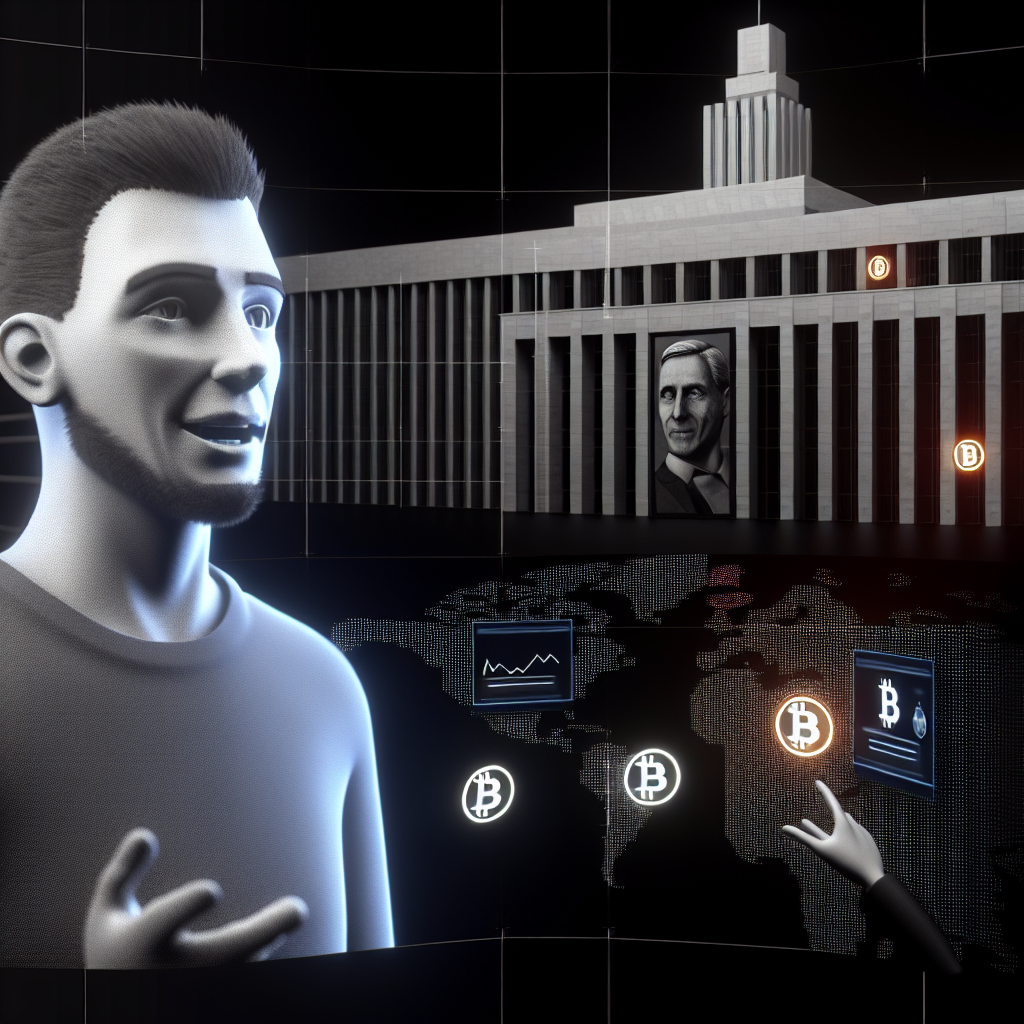XRP Investor’s $3 Million Nightmare: Cold Wallet Not So Cold?
Imagine waking up to find $3 million worth of your digital assets gone. That’s exactly what happened to Brandon LaRoque, a seasoned XRP investor, who discovered a jaw-dropping loss on October 15 through the Ellipal mobile app. The shocker? The theft actually occurred three days earlier, on October 12, slipping under the radar until it was too late.
LaRoque’s XRP stash was supposed to be protected in a “cold wallet,” a storage solution that’s meant to be offline and immune to digital theft. However, Ellipal, the wallet’s maker, revealed a crucial detail: if you import your seed phrase into the app, your wallet is no longer “cold”—it’s now connected to the internet and vulnerable to hackers.
Cold Wallet Confusion: Where’s the Line Between Safe and Sorry?
This incident is raising eyebrows across the crypto community. Cold wallets are marketed as the gold standard for protecting digital assets, but as LaRoque’s experience shows, the line between “cold” and “hot” can get blurry fast. The debate is heating up on whether wallet manufacturers and crypto platforms need to do more to educate users and implement stronger security protocols.
Regulators Take Notice: Is Crypto Self-Custody Under Threat?
Where there’s a major crypto hack, government scrutiny isn’t far behind. Incidents like this put pressure on regulators like the U.S. Securities and Exchange Commission (SEC) and the Commodity Futures Trading Commission (CFTC) to consider stricter rules around crypto custody and wallet security. Lawmakers have already signaled their concerns about investor protection, and this high-profile theft adds fuel to the fire.
Will the government step in with new compliance demands for wallet providers or require more transparency about cold wallet risks? Some policymakers argue that stricter regulation is necessary to protect everyday investors from catastrophic losses, while others warn that heavy-handed rules could stifle innovation and drive crypto activity offshore.
The Political Battleground: Security Versus Innovation
At the heart of the debate is a classic political tug-of-war. On one side, consumer protection advocates are calling for tougher oversight from agencies like the U.S. Treasury and mandatory insurance for digital assets. On the other, crypto enthusiasts and industry lobbyists argue that personal responsibility and education—not regulation—are the keys to keeping digital assets safe.
As Congress debates the future of digital asset regulation, high-profile thefts like the XRP heist give lawmakers fresh ammunition in their battle over how to police the fast-moving world of crypto. One thing’s clear: as digital assets become more mainstream, the political stakes only get higher.
So, is your “cold” wallet really safe from political—and criminal—intrusion? Stay tuned, because Washington is watching.





